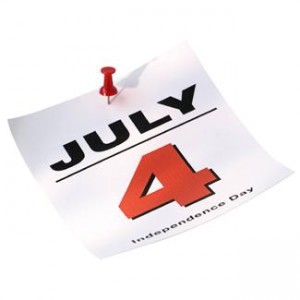Leaking chimneys cost home owners thousands of dollars each year. Many times, the home owner thinks that it is a roof leak, and call the roofer to fix the problem. However, they soon find out that the mortar in the chimney is cracked or maybe the chimney cap is letting water into the chimney. Whatever the problem happens to be, if it is with the chimney, it needs to be fixed in a hurry. The longer you wait, the more expensive the repair is going to be.
One major cause of a leaking chimney is cracked mortar. This can be caused by a few different things. For instance, if your downspouts happen to be north of your chimney, any runoff during a storm will eventually compromise the integrity of the mortar. Water is a chimney’s biggest enemy, and you must be sure that water is not constantly draining next to your chimney. We have seem firsthand what happens when cracked mortar has been left unattended.
If you do have a cracked chimney, then it is imperative that you get it repaired. The possible fixes that may be recommended include chimney repointing, chimney relining, or chimney rebuilding. The sooner you catch the problem, the less expensive the repair is going to be. If it does happen to be an expensive repair, remember that it is going to be much worse if the chimney were to fall and cause more damage to your home. It is also a safety issue, because a leaking chimney can start a fire.
When you have made your decision to have your chimney repaired, make sure you use a National Chimney Sweep Guild (NCSG) certified chimney professional. The NCSG upholds strict quality and safety guidelines on those that carry the NCSG certification. If they hold that seal, you can bet they know exactly what their doing, and will do it well.

 Most of us will remember
Most of us will remember 
 The fourth of July is near, and we are going to add to the multiplicity of voices calling for fireworks safety. While we understand this can sound like a killjoy, we hope to give you tips that will help keep everyone safe this holiday. Here are a few we found on the
The fourth of July is near, and we are going to add to the multiplicity of voices calling for fireworks safety. While we understand this can sound like a killjoy, we hope to give you tips that will help keep everyone safe this holiday. Here are a few we found on the